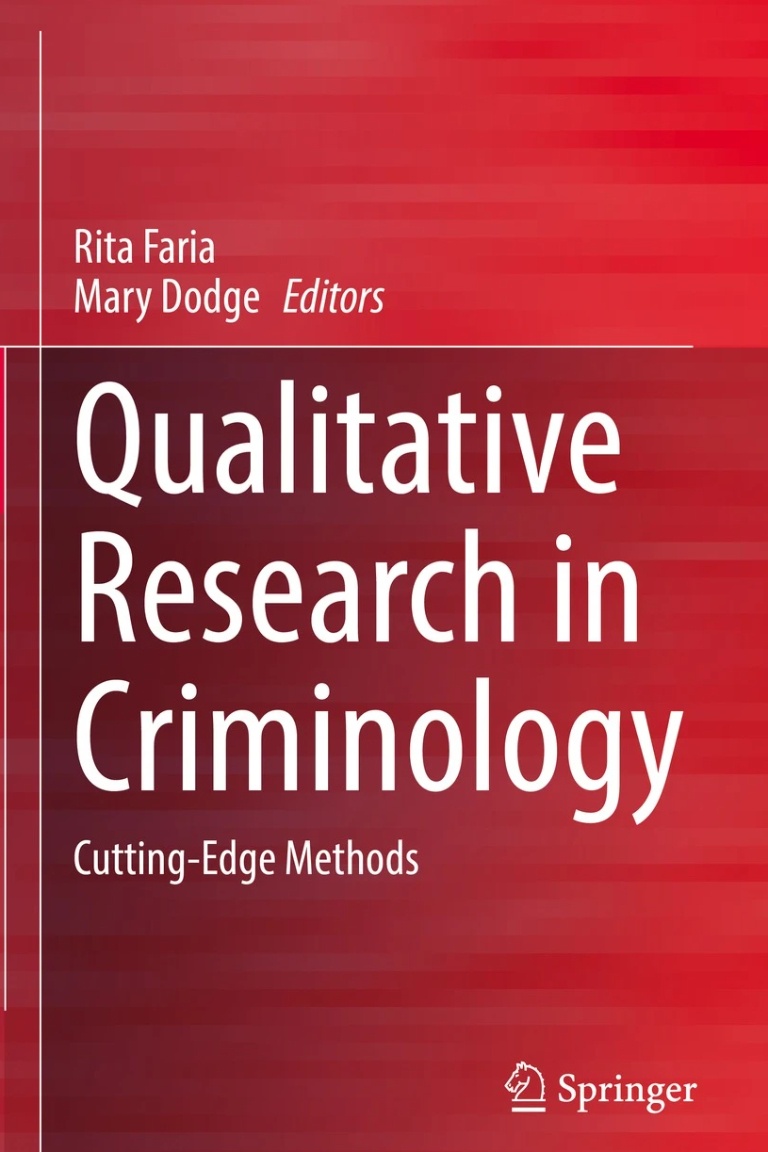From the book chapter:
In this chapter, we illustrate how the Internet can be used to facilitate qualitative research on corruption and white-collar crime. The Internet provides increasing access to data that would otherwise be hidden and perhaps unknown in geographic locations throughout the world. In the United States, research on medical fraud, political corruption, financial fraud, and white-collar delinquency is aided by information available online. Research on corruption and white-collar crime in China is relatively sparse by comparison due to several factors including the lack of reliable and systematic data sources, which makes the Internet invaluable in gathering important data. Since governments typically dislike broadcasting an image of their country as riddled with upper-class law-breaking and corruption, the Internet allows for an increased democratization of data access. In the 1990s, the Internet provided a wealth of knowledge for research into the Savings & Loans crisis of the 1980s through government documents, regulators’ reports, and contact information for officials at various relevant federal agencies. Two decades later, the Chinese melamine milk scandal was publicized mainly through online social media and western news agencies, both of which were able to discuss a topic censored in local state media. These cases and others are discussed regarding the use of the Internet in researching corruption and white-collar crime.

 The College of Arts
The College of Arts